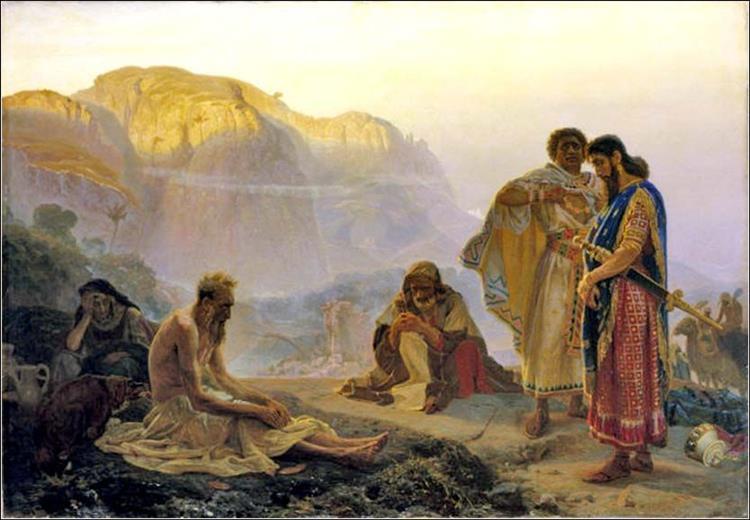Gratitude is an attitude that is highly cherished culturally, socially and more so in the Christian life. Ingratitude on the other hand is frowned upon. In my culture ingratitude is likened to the sin of witchcraft. People are called out for failing to show gratitude.
Login to read more
Sign in or create a free account to access Subscriber-only content.
Topics:
